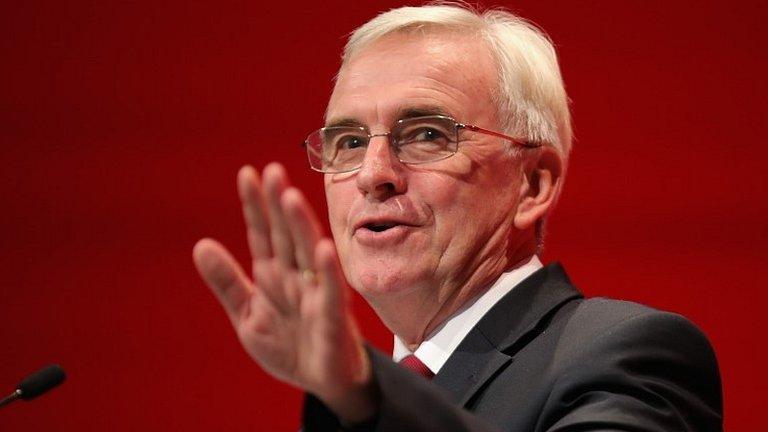Jeremy Corbyn promises pay rise for low-paid workers
- Published
- comments
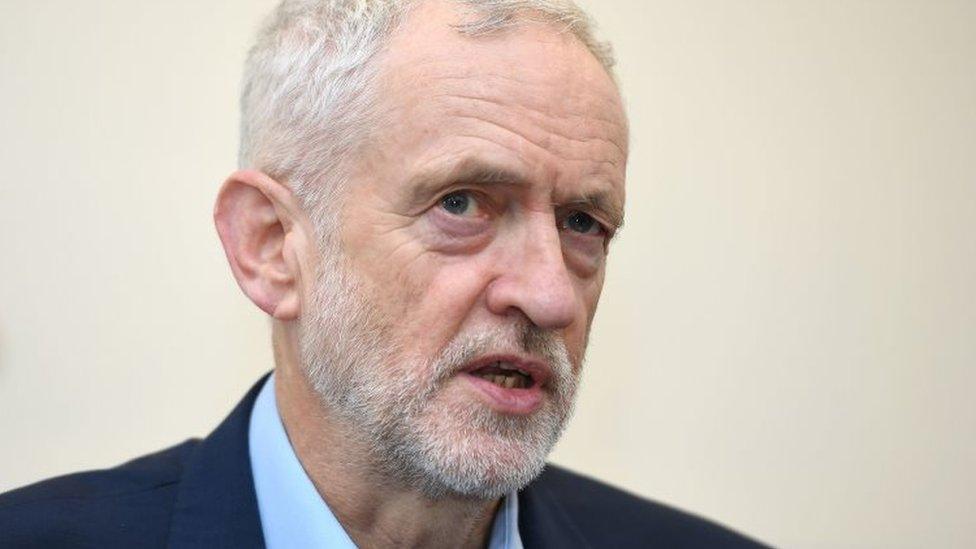
The UK's lowest-paid workers will get a pay rise of more than £2,600 per year under a Labour government, Jeremy Corbyn will say.
During a visit to Worcester, the Labour leader will set out policies including a pledge to raise the National Living Wage to £10 an hour in 2020.
He will also accuse the government of creating a "perfect storm of low pay, insecurity and working poverty".
The Conservatives said there had been a £2,750 wage rise under its government.
The National Living Wage is the legally binding hourly rate for workers aged 25 and over.
It was set at £7.83 an hour in April 2018 and is reviewed every year, like the National Minimum Wage (for under 25s). It will rise to £8.21 from April.
Mr Corbyn will also say his party wants to stop the roll out of Universal Credit and ban zero-hours contacts.
Labour says Commons analysis shows its pay pledge would give a rise of £2,640.
During his visit to Worcester Housing and Benefit Advice Centre later, Mr Corbyn will say: "With real wages lower than they were 10 years ago, deep cuts to social security, rising borrowing just to make ends meet and the growth of insecure work, the Conservatives have created a perfect storm of low pay, insecurity and working poverty.
"This rising insecurity, with so many without savings to fall back on, is causing terrible stress for millions of families across the country.
"These scandalous levels of in-work poverty are unacceptable and must be brought to an end.
"Every job should provide dignity and security."
Research by Labour shows the number of adults living in families where one or more person is working, and who do not have any savings, has risen to 12.8m.
The party says this was an increase of 2.5 million since 2010.
Labour's 2017 manifesto promised to raise the minimum wage to £10 an hour by 2020.
But a Conservative spokesman said Mr Corbyn's numbers "don't add up".
"It's because of our National Living Wage that millions of hard working British people have seen a pay rise increasing their wage by £2,750, with the lowest paid seeing the biggest pay rise whilst over three million people have been helped into work," he said.
"At the same time we've cut taxes for 32 million people, taking the lowest paid out of paying income tax altogether, and taken action to reduce the cost of living."
- Published27 November 2018
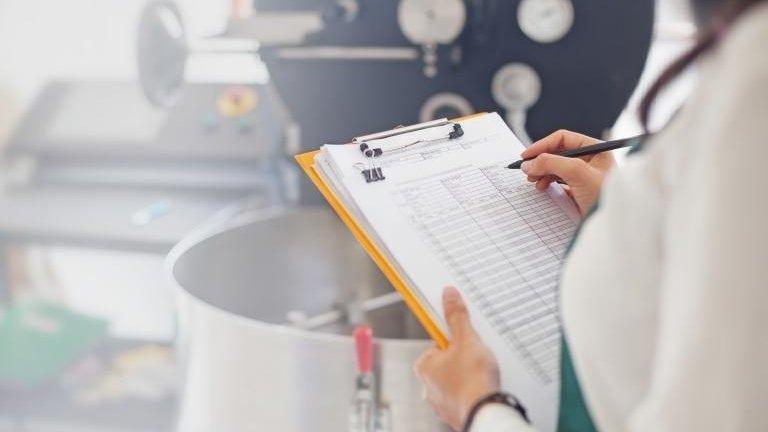
- Published5 November 2018
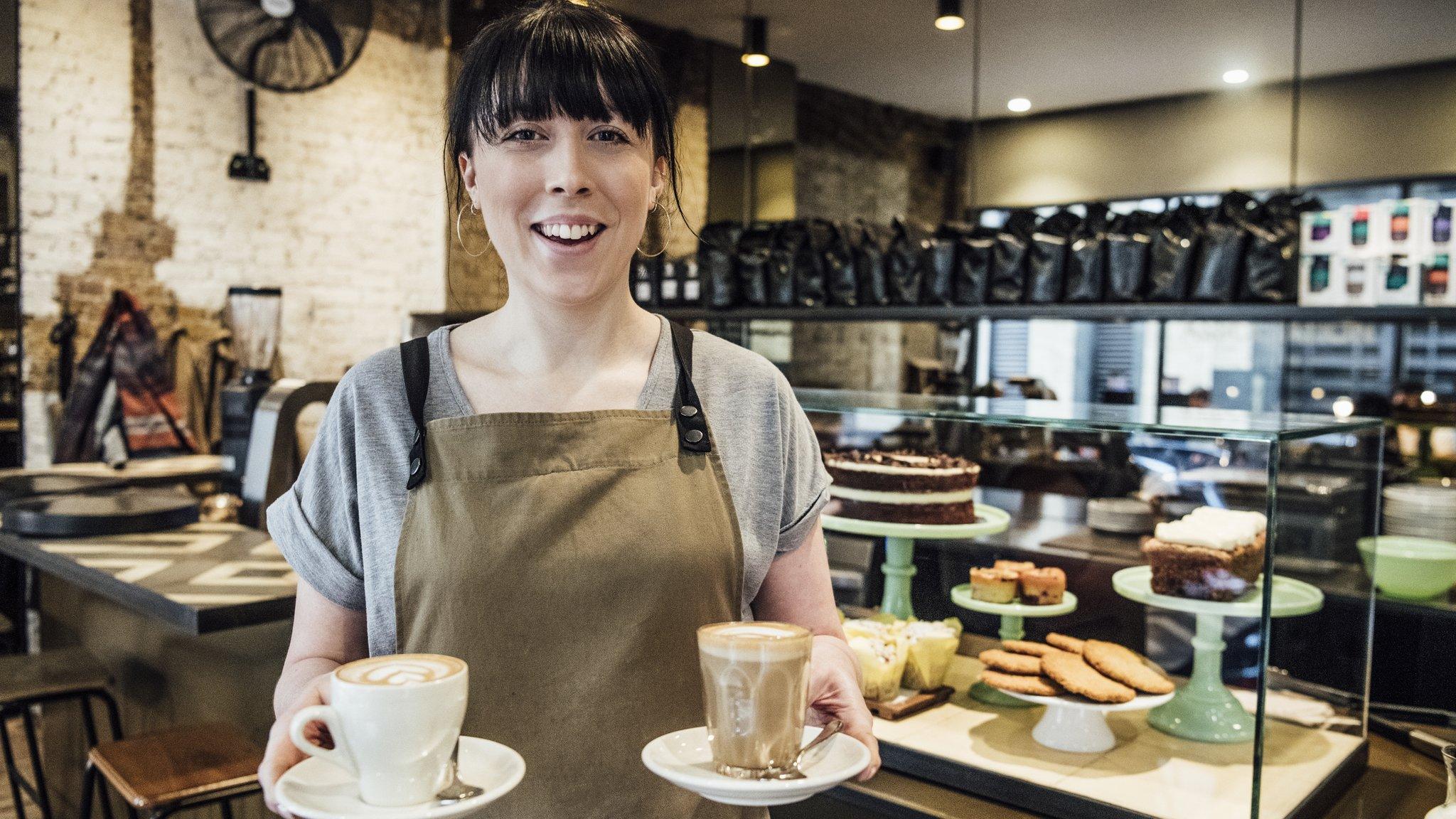
- Published20 August 2018
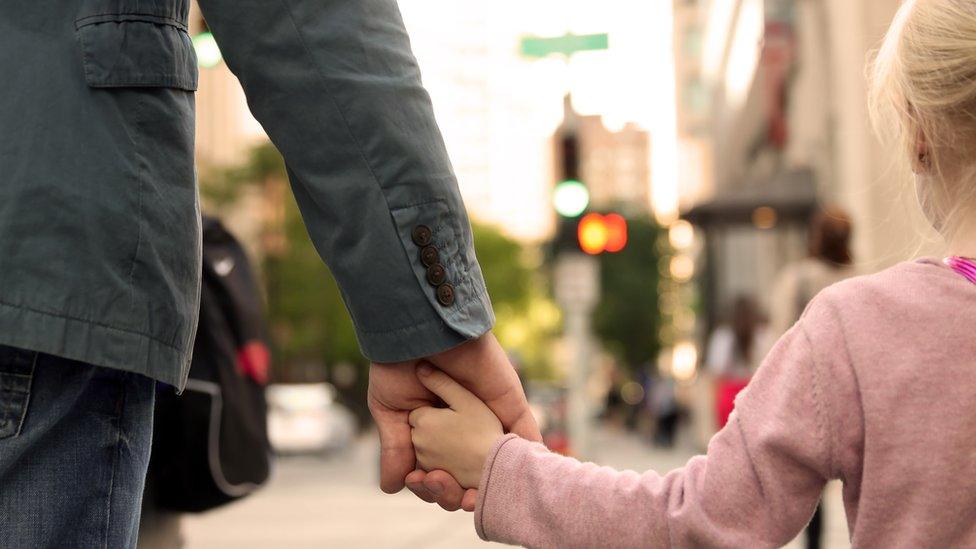
- Published22 September 2018
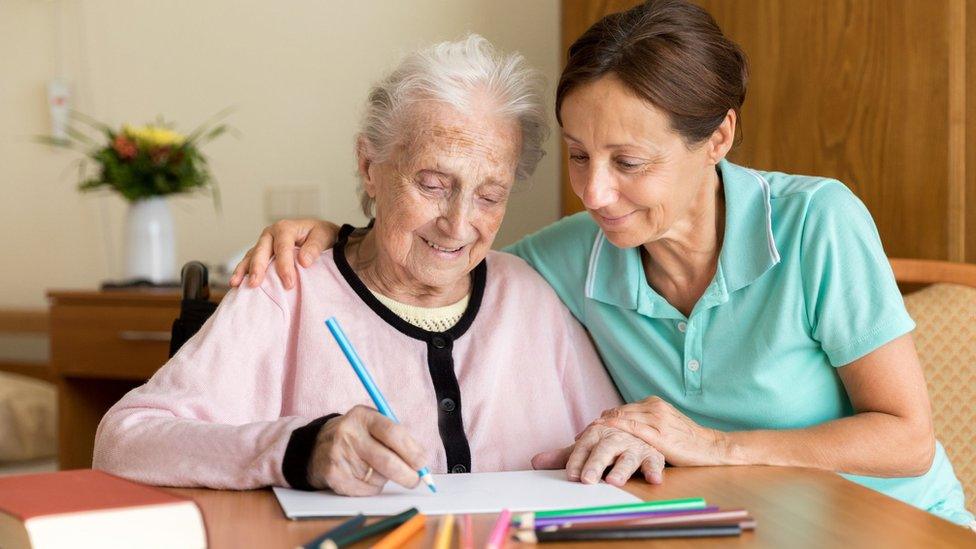
- Published26 September 2016
